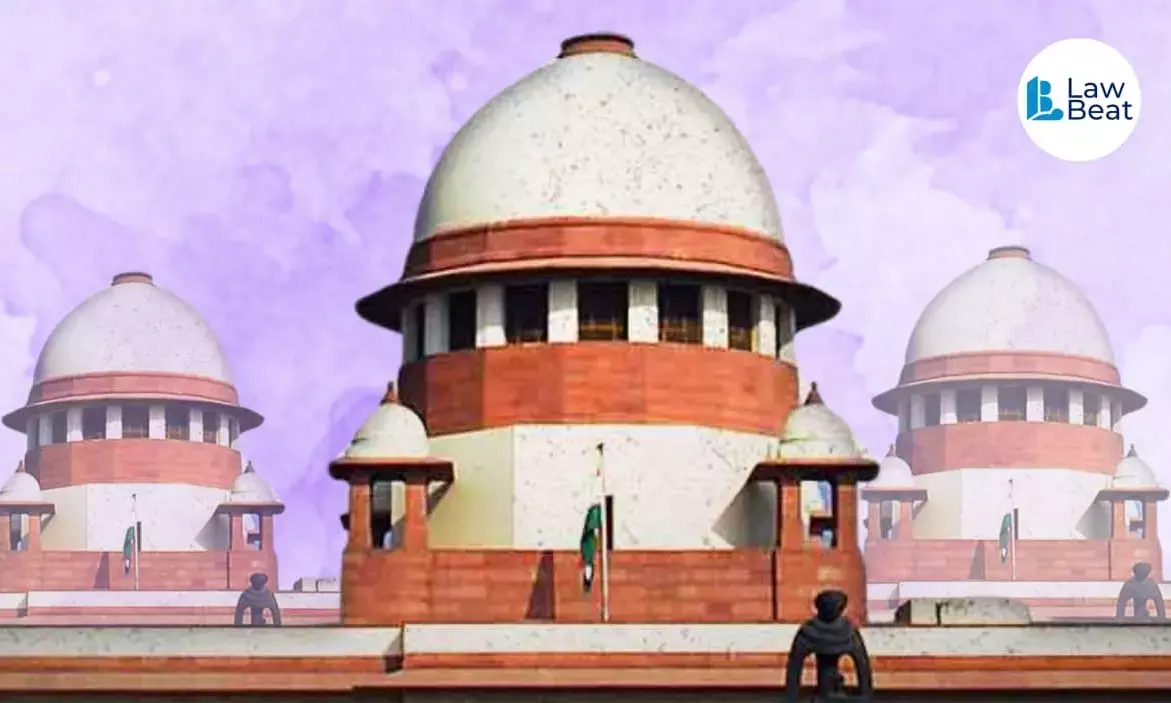Functional disability assessed in terms of impact on earning capacity, rules Supreme Court; enhances compensation to Ayurvedic doctor

Functional disability assessed in terms of earning capacity, SC says
The Supreme Court has said the computation of functional disability does not share its characteristics with the computation of permanent disability which is the estimation to be made upon examination of the patient by a doctor or by a duly constituted medical board.
A bench of Justices of Sanjay Karol and Sandeep Mehta said, when it comes to the functional disability, what is to be considered is the extent to which the chosen profession or vocation of the injured person, has been affected in motor accident cases, which of course, depends on the facts and circumstances of each case.
Dealing with an appeal filed by an Ayurvedic doctor, Ashok Choubey, the bench enhanced the compensation from Rs 22,99,460 to Rs 46,44,432 for him and pointed out this position of law has been stated in Raj Kumar Vs Ajay Kumar (2011).
The court had then said what is required to be assessed by the Tribunal is the effect of the permanent disability on the earning capacity of the injured; and after assessing the loss of earning capacity in terms of a percentage of the income, it has to be quantified in terms of money, to arrive at the future loss of earnings (by applying the standard multiplier method used to determine loss of dependency).
The claimant's main challenge in the appeal was on the aspect of inadequate compensation, having been awarded by the Madhya Pradesh High Court by its order on September 8, 2023, while computing his functional disability, as a doctor of Ayurvedic Medicine.
The 48-year-old appellant, as a consequence of rashness and negligence on the part of respondent no 1, namely, Dasharatha Kevat, has undergone numerous surgeries and remained in continued medical intervention.
The appellant was in his car, stationed near Kundam turn, Village Negai and a Tata Sumo, driven by Respondent No. 1, collided with his vehicle, due to which he suffered serious injuries. Thereafter, he underwent surgeries and treatment at Dr Mukherjee PG Hospital, Wright Town, Jabalpur.
The Motor Accident Claims Tribunal, in its assessment on February 22, 2020, while taking the whole-body permanent disability to be 5% and monthly income at Rs 30,000 granted Rs 17,66,000 along with interest at the rate of 6% per annum.
On his appeal, the High Court took the functional disability to be at 10% and took his income as Rs 39,278.75 per month on the basis of the average of the last two years’ income tax return. It thus increased the total compensation to Rs 22,99,460.
Before the apex court, he took support of the disability certificate, which recorded his disability to be at 55%. He submitted that computation of functional disability at 10% is grossly inadequate.
He further submitted that the compensation as awarded under the medical head is insufficient, amongst others in the conventional heads of compensation.
The question before the court was how much a doctor earning approximately Rs 3,60,000 per annum does lose as a result of injuries sustained on the shoulder and hip, remedy of which continues by way of surgeries and physical therapy.
"Considering the fact, that undergoing surgeries would mean that for some days the claimant appellant would not be able to attend his clinic, which directly impacts the number of patients visiting him/relying upon the medicine prescribed by him, we find functional disability of 10% to be inadequate. We have already noted that he continues to undergo treatment, even today, 10 years after the accident had taken place. Thus, we assess the functional disability at 30%," the bench said.
The court also noted that the duration of physiotherapy to be undergone and its effectiveness are subjective, dependent on each individual patient.
"No rule of absolute certainty can be laid down so as to say that all expenses incurred on physiotherapy, however long it may be, has to be paid. Afterall, the metric for consideration is just and fair compensation. Fairness extends to both sides viz., the receiver and the payer," the bench said.
The court held that the claimant-appellant is entitled to higher compensation towards other heads as per the settled principles of law.
It thus modified the High Court's order and retained the interest at the rate of 6 per cent per annum from the date of filing the claim petition.
Case Title: Ashok Choubey Vs Dashrath Kewat & Ors
Bench: Justices Sanjay Karol and Sandeep Mehta
Judgment Date: September 3, 2025
